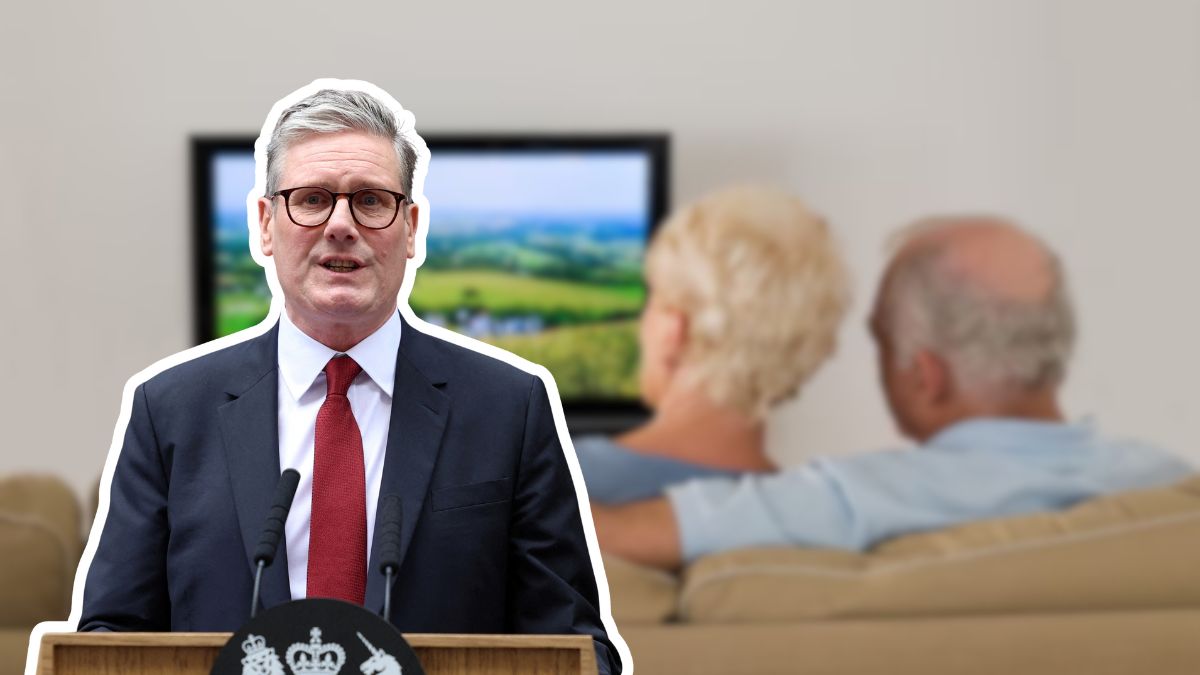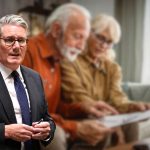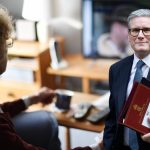The UK government has officially confirmed that from January 2025, all pensioners aged 66 and above will be entitled to a free TV licence. The announcement has been welcomed by millions of households, particularly senior citizens who have campaigned for years for equal access to television without financial barriers.
The policy arrives against the backdrop of a cost-of-living crisis, with inflation and rising utility bills disproportionately affecting older citizens. For many, the television is not just a source of entertainment but a critical link to news, companionship, and culture.
What the New Policy Includes
From 2025, every UK resident aged 66 and above will be exempt from paying the annual TV licence fee, currently set at £169.50. This covers all standard and high-definition BBC television broadcasts, as well as iPlayer streaming services.
Previously, free licences were only granted to those receiving Pension Credit, leaving thousands of pensioners just above the income threshold to continue paying. With the removal of income-based restrictions, this new scheme will ensure universal access for all older residents.
Why the Change Was Introduced
The debate over TV licences for pensioners has been highly contentious since 2020, when the BBC scrapped universal free licences for over-75s. That move triggered backlash from charities, politicians, and senior groups, who argued that the policy unfairly targeted vulnerable pensioners.
Television has long been seen as a lifeline against loneliness, particularly for those living alone. The government’s updated stance reflects growing recognition that television is an essential public service, not a luxury.
Charities such as Age UK have repeatedly highlighted the social and emotional benefits of free access to television, especially for those struggling with limited incomes and isolation.
How Pensioners Will Access the Free Licence
The government has pledged to make the application process as simple and automatic as possible:
- Pensioners already registered with TV Licensing and aged 66+ will automatically be exempt from fees.
- Newly retired citizens reaching the age of eligibility in 2025 will need to provide proof of age during their first application.
- Options will be offered for digital, postal, and phone-based applications, ensuring accessibility for all.
A nationwide communication campaign will begin later this year to ensure that pensioners are aware of the scheme and know how to access it.
Refunds for Those Who Paid in Advance
One question raised immediately after the announcement was whether pensioners who already paid for a 2025 licence would get their money back. Government officials confirmed that a refund scheme will be introduced.
- Eligible pensioners who paid in advance will be able to claim refunds.
- Details, including application procedures and timelines, will be released closer to the rollout date.
- Pensioners are advised to keep payment receipts and follow updates via GOV.UK and TV Licensing.
The Impact on the BBC
With millions of pensioners exempt from paying, concerns were raised about how the BBC would handle the loss in revenue. Government representatives confirmed that the Treasury will provide direct funding to cover the shortfall, ensuring that BBC programming, regional services, and online platforms remain unaffected.
Critics, however, warn about the long-term sustainability of this funding model, especially as the media landscape shifts toward streaming services. Yet the government has emphasized that public service broadcasting remains a national priority.
Benefits Beyond Money
The introduction of free TV licences is not just about financial relief—it is also about social well-being. Research consistently shows that television provides:
- A critical link to current events and information.
- A sense of companionship for those living alone.
- Access to educational and cultural programming.
- Reduced stress over household bills, particularly for those on fixed incomes.
This measure acknowledges that financial insecurity should not deny pensioners access to what is often their primary source of social connection.
Political and Public Reaction
The move has been hailed as a major victory for pensioners and the charities that supported them. Age UK, Independent Age, and other organizations that campaigned tirelessly for reform praised the government’s decision.
Politically, the decision is being seen as an attempt to rebuild trust with senior voters, a group deeply affected by previous changes to pension and welfare benefits. While some critics argue the reform came too late—especially after the struggles of the pandemic years—the majority view is that it marks a positive step in social policy.
What Pensioners Should Do Next
The policy takes effect from January 2025, but pensioners are advised to:
- Stay registered with TV Licensing to ensure automatic exemption.
- Keep updated via official announcements on GOV.UK and BBC News.
- Retain payment receipts if they have already paid in advance, in preparation for the refund scheme.
- Look out for local awareness campaigns from charities and councils offering guidance.
FAQs
Q1: Who will qualify for the free TV licence in 2025?
All UK residents aged 66 and above will qualify from January 2025.
Q2: Do pensioners need to apply for the free licence?
Most will be enrolled automatically, but new retirees turning 66 in 2025 will need to provide proof of age.
Q3: What happens if I’ve already paid for 2025?
The government will launch a refund scheme for those who prepaid their licence fee.
Q4: How will the BBC cover the revenue loss?
The UK Treasury will provide direct funding to ensure BBC services remain unaffected.
Q5: Why was this change introduced now?
The policy was introduced to ease financial pressure on pensioners and to restore fairness after years of debate over licence fees.







